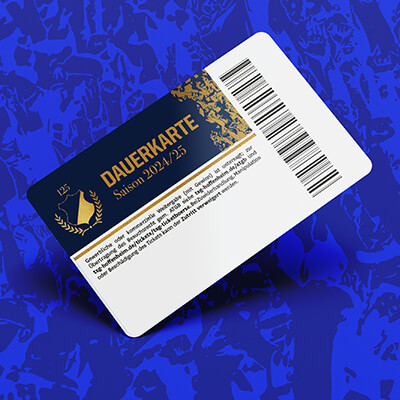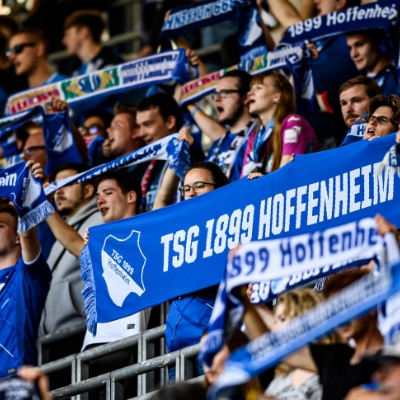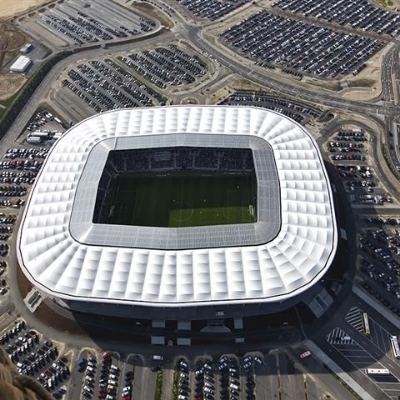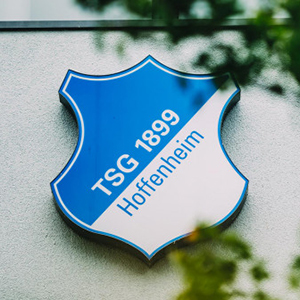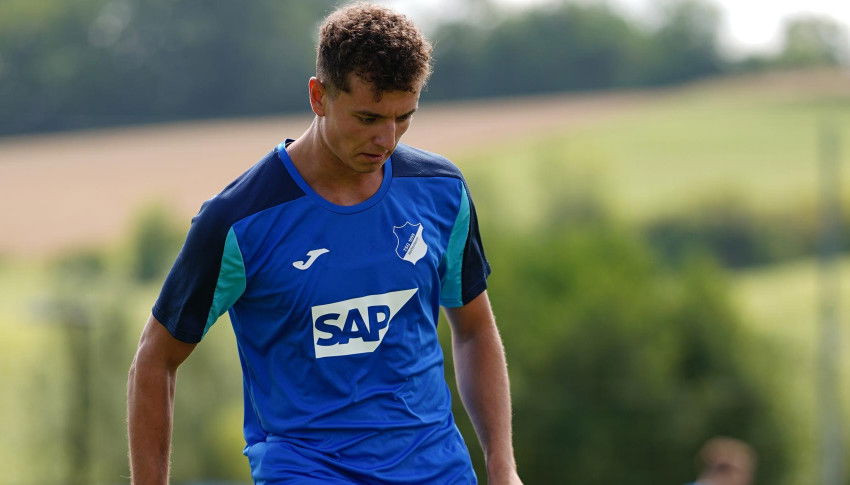DFL decides on uniform approach
The DFL and its clubs expressly commit to visiting fan ticket allocations regulated by statute. There is no question that fans travelling to away games represent an integral part of German football culture and one that should categorically be preserved. However, if spectators are allowed to return to stadiums during the relevant period, the professional clubs will not be selling tickets to fans of visiting teams for Bundesliga and Bundesliga 2 matches until the end of the year. The appropriate passage in the match regulations, according to which a visiting club is entitled in principle to a ticket allocation amounting to at least 10 percent of the respective stadium capacity, will be amended accordingly. This decision is intended to help to reduce the number of fans travelling across Germany – some of them by public transport – and thereby cut the potential risk of infection.
Should spectators be allowed to return to stadiums, the Bundesliga and Bundesliga 2 clubs are planning to hold their home games without fans in standing areas until 31 October, so as to enable match day processes to be adapted to entirely new requirements for spectator areas gradually and thereby to make it easier to comply with social distancing and hygiene standards at each stadium, as well as to monitor this compliance. Today’s resolutions will have no effect whatsoever on the fundamental commitment of the DFL and its clubs to maintain standing areas as part of Germany’s football and fan culture.
Should it become possible to hold matches with fans present in the stadium, the clubs have agreed not to sell alcohol at their home games until 31 October. In connection with this, the DFL regulations state in principle that the sale of alcoholic drinks at Bundesliga and Bundesliga 2 matches is possible only with the express permission of the relevant local authorities. The clubs have voluntarily undertaken not to apply for any corresponding special licence from the authorities until 31 October.
The professional clubs have agreed to ensure that should any infections occur at their matches, it will be possible to determine the identities and contact details of potentially and actually affected visitors to their stadiums. The reason for this is that the local health authorities will be able to break existing chains of infection quickly and effectively only if they are able to identify and contact the relevant people as soon as possible. The exact form that the regulations initially agreed for this calendar year will take remains the responsibility of the individual clubs, which must incorporate detailed plans into their own location-specific concepts.





